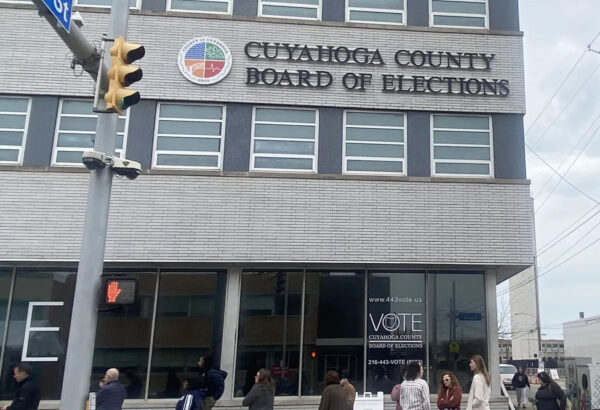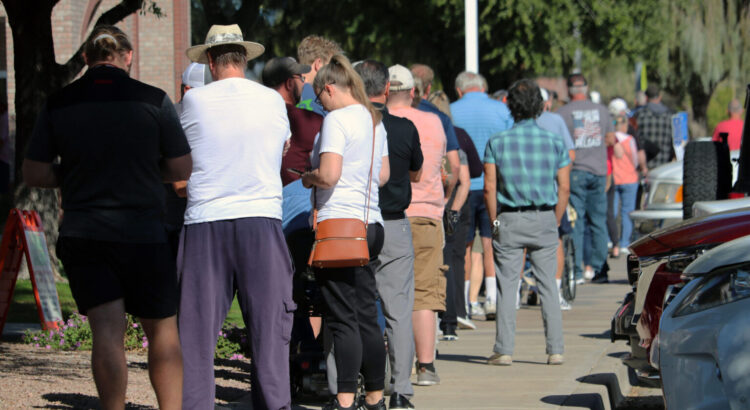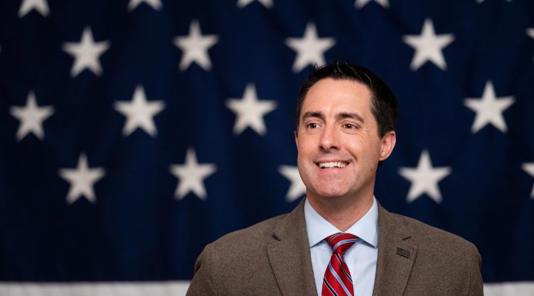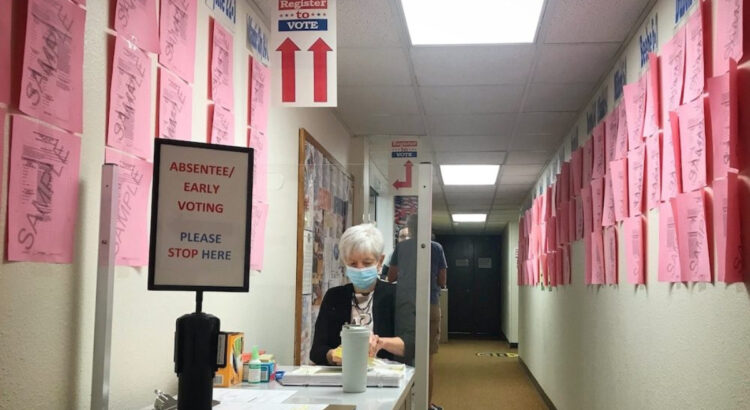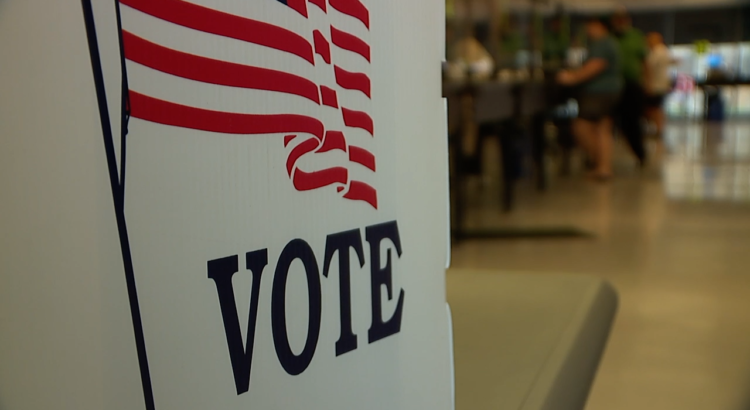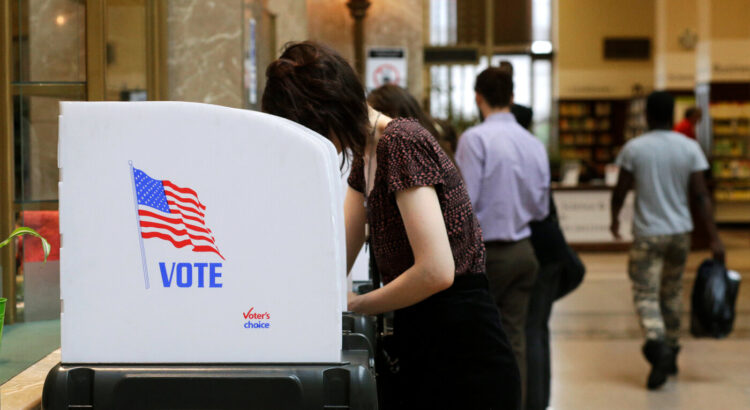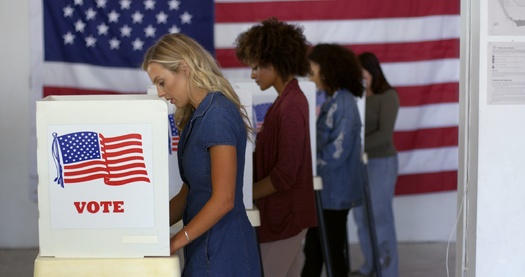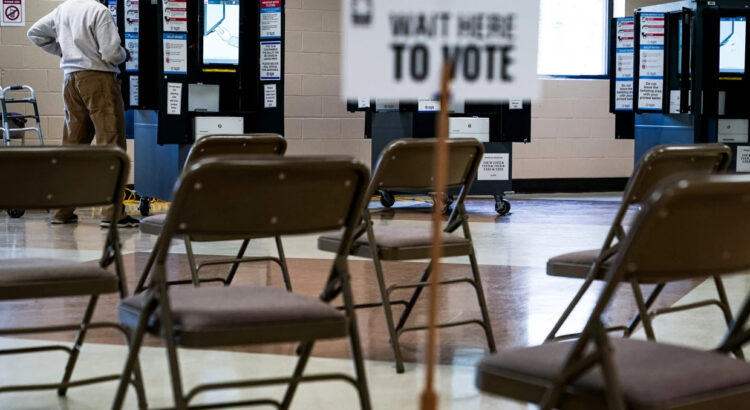by Signal Akron June 4, 2024
Ohio Secretary of State Frank LaRose has again launched an initiative to remove inactive voters from the voter list prior to an election. The state’s 88 county boards of elections are tasked with reviewing and reporting records of voters who have not voted for the last four years.
Last year, nearly 27,000 Ohio voters were purged from the list.
“Ohio’s voter list maintenance procedures have been administered by bipartisan election officials for at least the last 30 years, since the passage of the National Voter Rights Act,” said Secretary LaRose in a press release. “These steps should give Ohioans confidence that election integrity is our top priority.”
How can you avoid being part of the voter purge? Check out Signal Akron’s guide below to make sure you’re ready to vote this November.
How to avoid the Ohio voter purge: Check your registration
Making sure your voter registration is up to date is essential to ensuring you don’t fall off the voter list. Voter registration can be checked online or by contacting the Cuyahoga County Board of Elections.
When purging voter lists, the board of elections focuses on these groups of voters:
- Voters who were flagged for removal previously
- Voters who moved to a new address and did not update their registration
- Voters who are newly registered but whose mailed registration acknowledgement was declared undeliverable by the Postal Service
- Voters whose voter records do not match the information provided by the Ohio Bureau of Motor Vehicles
Updating your address is key
One field that needs to be correct: your address.
Voters need to make sure their correct address is on file with the Board of Elections. Cuyahoga County Board of Elections Manager, Mike West said in an email. Residents can click here to use the county website: or they can call 216-443-VOTE (8683) to update their information
“You can use the address where you live as long as it is not business or a post office box,” West said. Any voters without a permanent address can use a temporary one, such as a shelter. In Cleveland the shelter addresses are for the Cosgrove Center, Luthern Men’s Shelter, Westside Catholic Center and Norma Herr Women’s Center.
How to register to vote and important dates
Oct. 7 is the registration deadline for the Nov. 5 General Election. Purged voters have until Oct. 7 to re-register.
Voters can register online, by mail or in person, including at Cleveland Public Library branches.
To register online to vote, voters need an Ohio driver’s license or Ohio identification card number, a current address, and the last four digits of their social security number.
“If a person moves after the October registration deadline, they can go to the county’s website, use their new address to find their new voting location,” West said. “Once there, they can vote by using a provisional ballot. The provisional process will also automatically update their address.”
Who is eligible to vote?
U.S. citizens who will be at least 18 years old by Election Day (Nov. 5) are eligible to vote. You must be an Ohio resident for at least 30 days prior to the election.
Also, in Ohio a felony conviction does not disqualify a person from voting. Furthermore, if you are serving a sentence for a misdemeanor crime or are charged with a felony crime but have not been convicted, you are still eligible to vote. You may also vote if you are on probation, community control, parole, house arrest or living in a halfway house or treatment center.
If you are currently incarcerated for a felony conviction, you are not eligible to vote.
Here is the full list of voter eligibility requirements:
- You are a citizen of the United States.
- You will be at least 18 years old on or before the day of the general election.
- You will be a resident of Ohio for at least 30 days immediately before the election in which you want to vote.
- You are not incarcerated (in jail or in prison) for a felony conviction.
- You have not been declared incompetent for voting purposes by a probate court.
- You have not been permanently disenfranchised for violations of election laws
